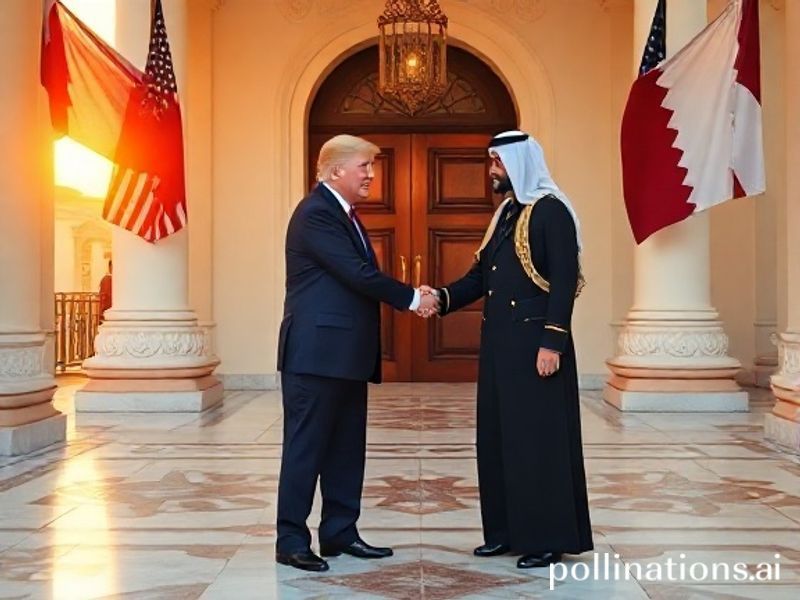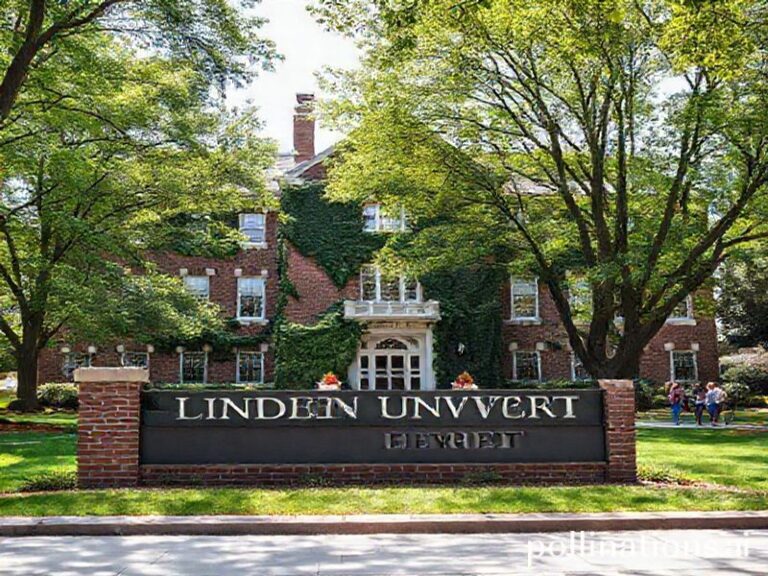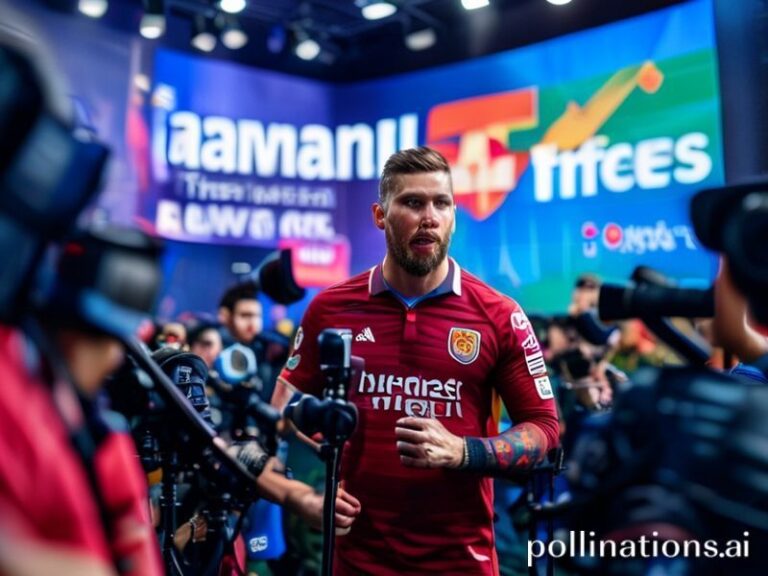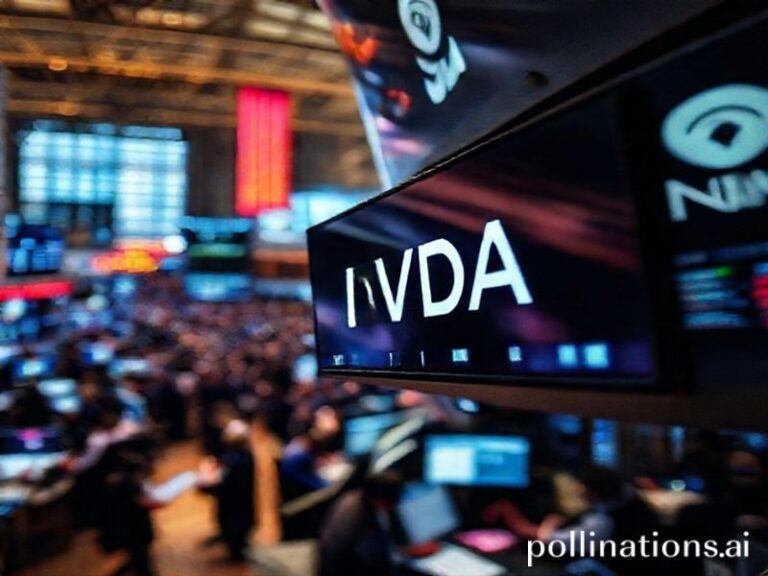Qatar & Trump: How a Gulf Monarchy Tamed the Donald with Fighter Jets and Real-Estate Cash
Doha, Qatar – In the marble-veined lobby of the Sheraton Grand, a life-size cardboard cut-out of Donald J. Trump still guards the concierge desk, a relic from the 2016 U.S. election night party where Qatari elites drank €300 bottles of champagne while cheering a man who had, only months earlier, suggested the tiny Gulf monarchy might be a terrorist fidget spinner. Eight years on, the cut-out is faded, the champagne flutes have been replaced by Ramadan Vimto, yet the love-hate tango between Doha and the Don remains one of the world’s most profitable abusive relationships—an instructive parable for anyone naïve enough to think geopolitics runs on ideology rather than overdue invoices.
Start with the obvious: Qatar, population 2.8 million (only 380,000 actual Qataris, the rest mercenaries, maids, and men with masters degrees selling you shawarma), needs friends the way a Fabergé egg needs bubble wrap. When Saudi Arabia, the UAE, Bahrain, and Egypt imposed a 2017 blockade—partly because Al Jazeera wouldn’t stop being Al Jazeera, partly because nothing rallies the Gulf aristocracy like a good ol’ ostracism—Doha found itself air-supplying milk on Qatar Airways cargo flights that cost more per litre than printer ink. Enter Trump, stage Twitter, initially oblivious to which side of the peninsula was which, but keen to take credit for anything that looked like a win. In the space of a week he oscillated from “Qatar funds terrorism at very high level” (Riyadh briefing paper, probably laminated) to “They buy lots of beautiful American equipment.” Translation: the Qataris placed a $12-billion order for F-15QA fighters faster than you can say “emoluments, schmemoluments,” and suddenly terrorism wasn’t so terror-y after all.
The moral, children, is that values in foreign policy are like gluten in airline food: technically present, mostly forgettable. The deal saved Boeing’s St. Louis production line, gave Trump a “jobs jobs jobs” headline, and gifted Qatar the military deterrence it needed to survive the siege. Everyone won, except the Yemenis those bombs eventually landed on, but they were not invited to the press conference for scheduling reasons.
Zoom out and the pattern repeats worldwide. From Manila to Warsaw, governments have discovered the simplest way to tame American volatility is to wave a purchase order at the Oval Office like a raw steak before a Rottweiler. South Korea buys more cars in Alabama than Hyundai sells in California; Poland names a base “Fort Trump” (still empty, but the signage is lovely); and Qatar—never missing a cue—poured $1.5 billion into Trump-branded properties before the 2020 election, ensuring the Muslim travel ban somehow exempted countries that rhyme with “guitar.” Coincidence is the luxury of people who don’t read FEC filings.
Yet the story doesn’t end with orange-tinted transactionalism. Qatar’s post-blockade pivot has been a masterclass in reputation-laundering: World Cup 2022, the IMF’s newest “emerging market” (per-capita GDP $112,000, but sure, “emerging”), and a sovereign wealth fund that owns more of London than the Crown Estate. Trump, meanwhile, is barnstorming Iowa complaining about “globalists,” blissfully unaware that the gas keeping the lights on at his D.C. hotel comes from Qatari LNG shipped through Cheniere terminals in Louisiana. The circle of life is less Lion King, more Cayman King.
What does it mean for the rest of us? Simply that the international order now operates like an all-you-can-eat buffet where the sushi is labelled “principles” and the sneeze guard is made of money. Small nations rent superpower affection by the hour; ex-superpowers rent their affection back to the highest bidder. The planet warms, the weapons sell, and the cardboard cut-out of Donald Trump remains in Doha, smiling, because even in 120-degree heat, plastic endures longer than shame.







